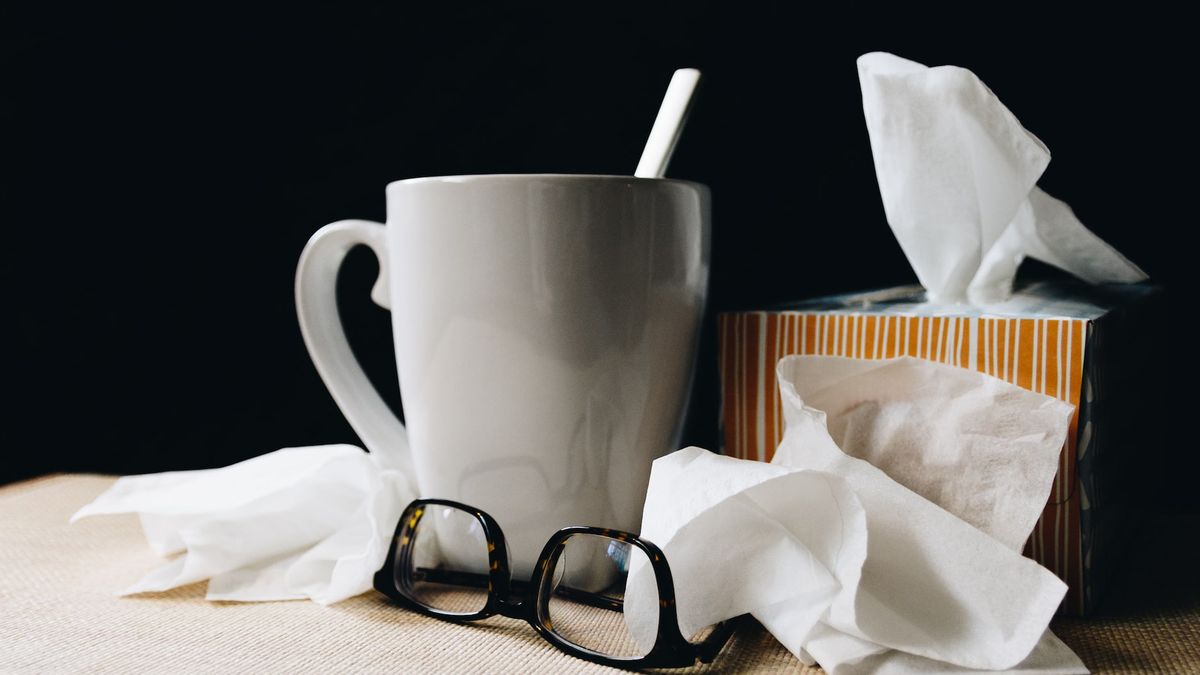JAKARTA - The transition period often brings various diseases. However, this comorbidities can also lurk during the rainy season.
General doctor dr. Kristanti Diliasari from Pondok Indah Hospital said that the comorbidities that appear in the rainy season occur due to colder air temperatures than usual, Saturday, November 5, as reported by Antara.
Cold temperatures make it easier for viruses to reproduce and change places. Meanwhile, the human immune system works weaker at cold temperatures. As a result, the virus is easier to infect the body.
In addition, the presence of floods as a medium for the spread of bacteria and viruses has also become faster than usual.
Furthermore, dr. Kristanti said that several types of diseases often lurk during the rainy season include:
ARI is an upper or lower respiratory tract disease that can cause various diseases, such as cough runny nose, sore throat inflammation, to COVID-19. The high water content in the air supports various harmful microorganisms proliferating faster than in warmer and drier climates.
Diarrhea is a defecation disorder with soft or liquid consistency and intensity that is more frequent than usual. Diarrhea occurs due to bacterial contamination or viruses in the digestive tract.
In rainy conditions and floods, the factors that increase the risk of a person getting diarrhea are lack of access to clean water, poor environmental sanitation, not maintaining personal hygiene, and eating unhygienic foods.
Thyroidal fever is an acute disease caused byMINAl▁lapisanX bacteria Typhi. These bacteria are usually found in contaminated foods or drinks. These bacteria can also be transmitted from infected people.
During the rainy season, there are many puddles of rain left over where mosquitoes breed, including the type of aedes aegypti mosquito that carries the dengue virus. No wonder the number of cases of dengue fever has increased again when entering the rainy season.
Leptospirosis is a disease caused by a small spiral-shaped leptospira germ called spirochaeta. The bacteria that spread through the urine of these mice can penetrate the skin or inner layers of human skin.
This disease can cause yellowing skin, drying mucosa, high fever, headache, to diarrhea or constipation.
The rainy season is unavoidable, but a person can anticipate and prevent the comorbidities.
There are several things that must be considered so that the health of the body is maintained so as to reduce the risk of being exposed to disease during the rainy season, such as maintaining a balanced diet, consuming vitamins regularly, and exercising.
In addition, it is also important to maintain sleep quality, manage stress, keep the body warm, maintain house hygiene, and vaccinate.
Basically, maintaining endurance should be done at any time and used as a habit, not only during the rainy season or the transition period. If you experience symptoms of untreated illness, consult a nearby clinic or hospital immediately.
The English, Chinese, Japanese, Arabic, and French versions are automatically generated by the AI. So there may still be inaccuracies in translating, please always see Indonesian as our main language. (system supported by DigitalSiber.id)













